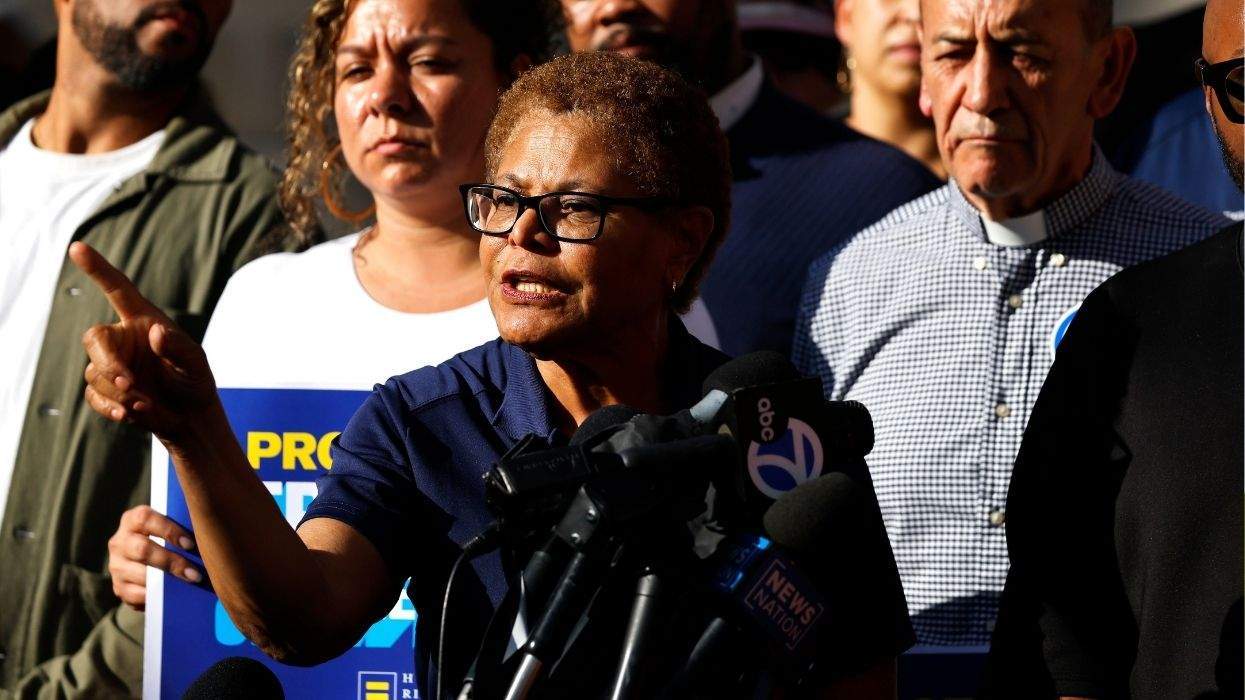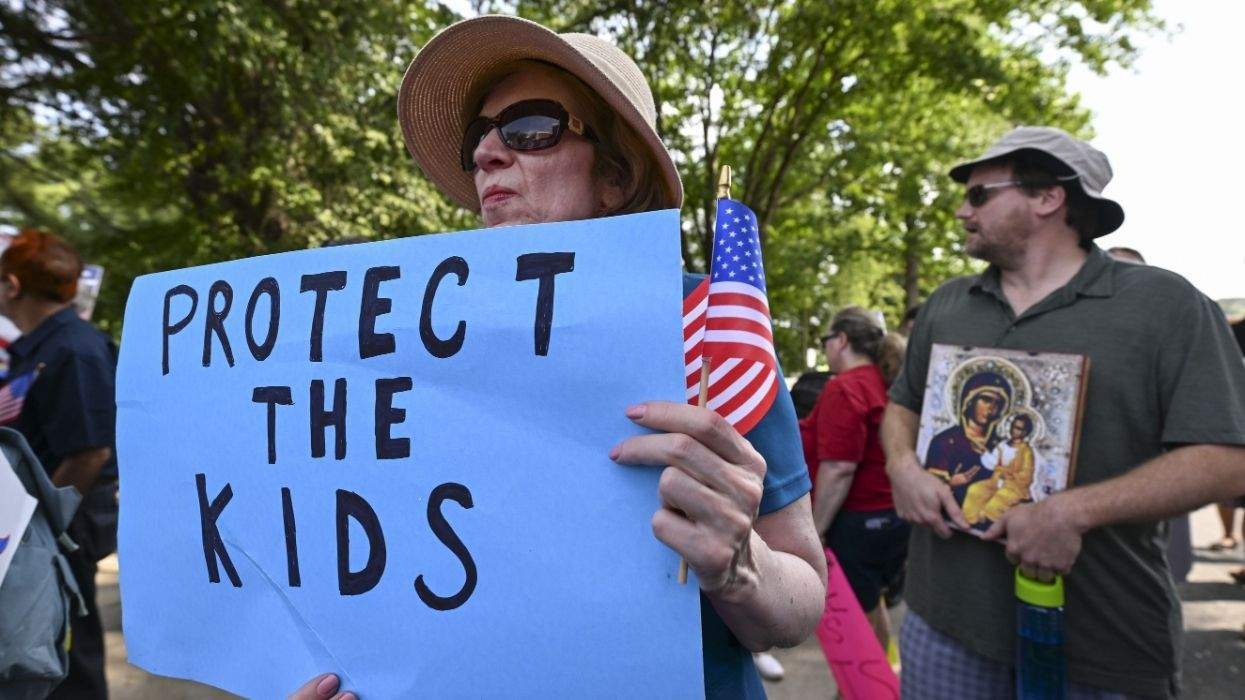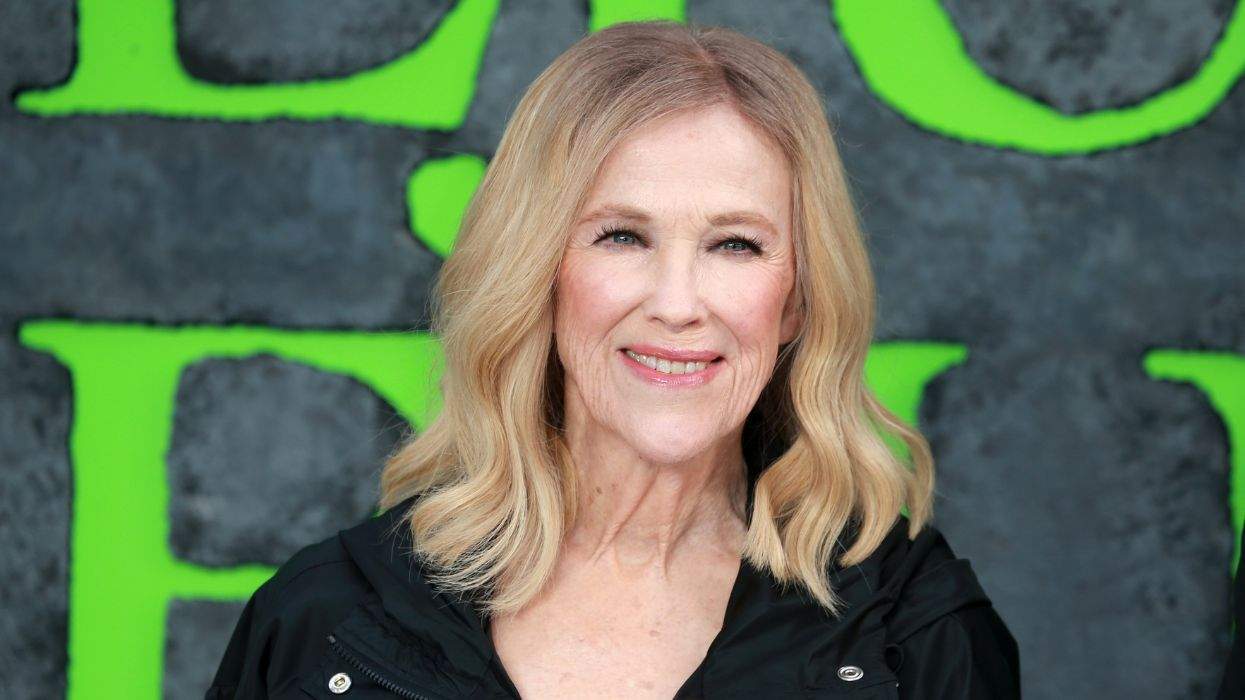Voting is fundamental to democracy, a way for everyone to have a say in shaping the society they live in. But for transgender Americans, restrictive voter ID laws, document mismatches, and misunderstandings at polling places pose real barriers. As the 2024 election comes to an end next Tuesday, transgender voters are a critical part of the electorate. Organizations like Advocates for Trans Equality are working to support transgender voters in overcoming these obstacles. Knowing your rights and being prepared can make a critical difference.
The 2022 U.S. Transgender Survey, prepared by Advocates for Trans Equality, emphasizes that voter ID laws, document restrictions, and discriminatory treatment remain significant challenges for trans people at the polls. The Advocate spoke with Ash “Lazarus” Orr, press relations manager at A4TE, about how transgender voters can navigate these barriers to ensure their voices are counted.
Policy priorities and civic engagement
Trans voters are deeply engaged in civic life beyond the ballot box. USTS findings show over 80 percent of respondents engaged in political activities, from signing petitions to attending rallies. Respondents emphasized policy priorities like reducing violence against trans people,
Voter ID laws and gender presentation mismatches
In states with restrictive ID laws, transgender voters often find their identification documents don’t align with their name, gender, or current appearance. Orr explains, “Their IDs might not list their correct name or gender or have an outdated photo.” But Orr stresses that these discrepancies don’t invalidate an ID: “As long as the poll worker can identify the voter from their picture, the ID is valid for voting.” While these mismatches should not prevent voting, they can expose transgender voters to unnecessary questioning.
Challenges in voter registration
Registering to vote itself is a struggle for some transgender people, with unique obstacles around ID requirements. Trans individuals often face challenges in accessing IDs due to financial barriers, bureaucratic obstacles, or the fear of discrimination, as Orr notes. “Even with consistent and up-to-date IDs, trans voters may still face challenges from poll workers based on their appearance,” Orr explains. USTS findings indicate that transgender people, especially those facing economic hardship, are disproportionately affected by ID requirements.
Poll harassment and voting by mail
In-person voting can also present challenges, with Orr noting that “trans voters often encounter disrespect and intimidation at polling stations.” Voting by mail offers a safer alternative, Orr says, allowing trans people to avoid potentially negative interactions. USTS data shows that such fears are well-founded, as trans people report disproportionately high rates of harassment when their IDs don’t match their appearance, with some even having to use provisional ballots when discrepancies are questioned.
Mail-in voting and documentation requirements
Mail-in voting isn’t without its own barriers for transgender voters. Some states require rigorous documentation checks, which can be particularly difficult for trans people. Orr explains that “updating documents is particularly challenging for trans people because obtaining one form of ID often requires another.” This cycle can make mail-in voting daunting, especially in states with strict ID requirements. Orr and his group recommend that trans voters prepare by bringing extra documentation, reviewing state guidelines, and contacting the National Election Protection Hotline if issues arise.
Ensuring rights and resources at the polls
A4TE is dedicated to ensuring trans people know their rights at the polls. Orr advises voters to bring additional documentation, such as a utility bill, and to present A4TE’s Voting While Trans Guide if poll workers question their eligibility. Additionally, visiting Transform the Vote provides state-specific guidance on rights and resources.
















Charlie Kirk DID say stoning gay people was the 'perfect law' — and these other heinous quotes
These are some of his worst comments about LGBTQ+ people made by Charlie Kirk.